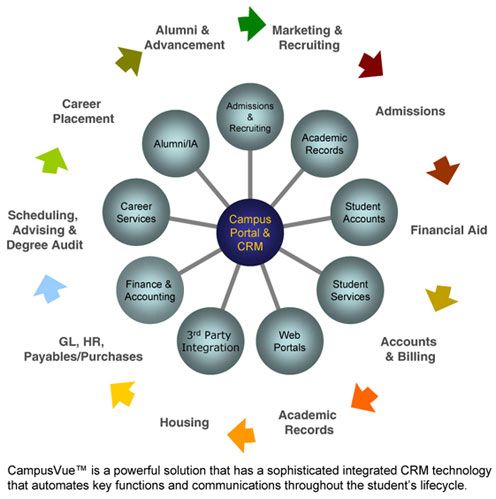The landscape of higher education is undergoing a significant transformation, driven by the emergence of skill-based universities. These institutions are redefining traditional educational paradigms by placing a strong emphasis on practical skills and real-world applications. This shift is proving to be a game-changer, aligning academic pursuits with the demands of the modern workforce.
Bridging the Gap Between Academia and Industry
Traditional universities have often been criticized for their theoretical approach, which sometimes leaves graduates unprepared for the practical demands of their careers. Skill-based universities address this gap by integrating hands-on training, internships, and industry partnerships into their curricula. Students are not only learning the theories behind their chosen fields but also applying them in real-world scenarios. This experiential learning approach ensures that graduates are job-ready from day one, possessing both the knowledge and the skills employers seek.
Emphasizing Lifelong Learning and Adaptability
In today’s fast-paced world, the ability to adapt and continuously learn is paramount. Skill-based universities foster a culture of lifelong learning by offering modular courses, certifications, and micro-credentials. These flexible learning options enable students to upskill and reskill as needed, staying relevant in an ever-evolving job market. By focusing on the development of critical thinking, problem-solving, and technical skills, these institutions empower students to navigate and thrive in dynamic professional environments.
Collaboration with Industry Leaders
One of the hallmarks of skill-based universities is their close collaboration with industry leaders. These partnerships ensure that the curriculum remains current and aligned with industry trends. Experts from various sectors are often involved in course design, guest lectures, and mentorship programs, providing students with invaluable insights and networking opportunities. This synergy between academia and industry not only enhances the learning experience but also increases the employability of graduates.
Personalized Learning Experiences
Skill-based universities recognize that each student has unique aspirations and learning styles. They leverage technology and data analytics to offer personalized learning experiences tailored to individual needs. Adaptive learning platforms, online resources, and interactive simulations are just a few tools used to create engaging and customized educational journeys. This personalized approach helps students achieve their career goals more efficiently and effectively.
Conclusion
Skill-based universities are at the forefront of transforming higher education by bridging the gap between academic theory and practical application. Their focus on experiential learning, lifelong adaptability, industry collaboration, and personalized education is preparing students for successful careers in the 21st century. As the demand for skilled professionals continues to grow, these institutions are playing a crucial role in shaping the future of education and the workforce.

